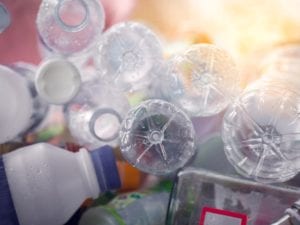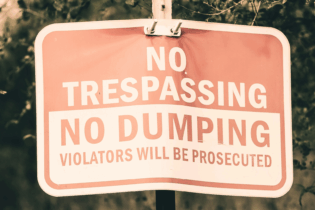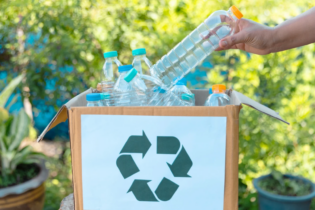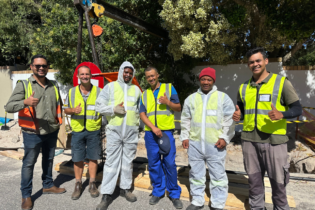The South African Initiative to End Plastic Waste has already made important progress in its efforts to find workable solutions that will end plastic from polluting the environment.
According to Plastics SA Executive Director, Anton Hanekom, this Initiative was formed earlier this year and enjoys the support and active participation of the entire packaging value chain.
Coordinated by the Consumer Goods Council (CGC) of South Africa as
secretariat, four working groups were formed to look inter alia at: the
role of Technology, Innovation &
Design;Infrastructure; Bioplastics &
Alternatives; and Education & Awareness in combatting litter.
“These working groups are made up industry leaders representing the entire value chain, as well as government representatives of the Department of
Environment, Forestry & Fisheries; Department of Trade & Industry and the UN Environment Programme.
“They are all working towards specific outcomes and present progress reports to the greater forum on a bi-monthly basis. It is truly exciting to see how the different sectors are complementing and supporting each other’s efforts to develop scalable solutions that eliminate plastic waste in the environment and that fit the country’s particular environmental, socio-political and economic realities,” Anton says.
Highlights of the work done to date by these working groups include:
- Improving design for sustainability
The
Technology, Innovation & Design working group is focusing on improving the South African plastics industry’s success with design for sustainability, increasing recycled content in products; securing demand for recyclate; generating energy from waste; increasing commercial and home composting facilities, developing end-markets for recycled plastic and developing refuse-derived fuels.
This is done by considering the country’s industry waste management plan (PPIWMP), exploring existing networks and drawing on local and international research and technology that is already in place.
- Improving waste management infrastructure
Improving plastics waste management, recycling infrastructure and developing reverse logistics are only some of the focus areas of the
Infrastructure working group. They are looking at the best ways of diverting plastic waste from landfill and the environment by considering the PPIWMP, existing infrastructure, river catchment projects, the recently launched Good Green Deeds campaign as well linking existing local and global networks. Their ultimate objective is to support infrastructure, create blueprint model(s) for implementation, and roll out relevant waste management projects.
- Developing alternative feedstocks
The
Bioplastics & Alternatives working group is currently developing a position paper on biodegradable and compostable packaging materials, in which retailers and brand owners are being urged to consider various factors before they introduce such packaging products. One such factor is the importance of using appropriate labels and logo’s to ensure they are easily differentiated from their conventional counterparts.
- Improving education and awareness
The
Education & Awareness working group’s goals are centred on awareness
campaigns with the use of information booklets, pamphlets, websites, mobile apps
and clean-up events. They are developing a plan of action that uses
existing and new networks in the industry and government in order to improve
awareness among schools, communities, consumers, industry and retailers,
government and waste management companies.






